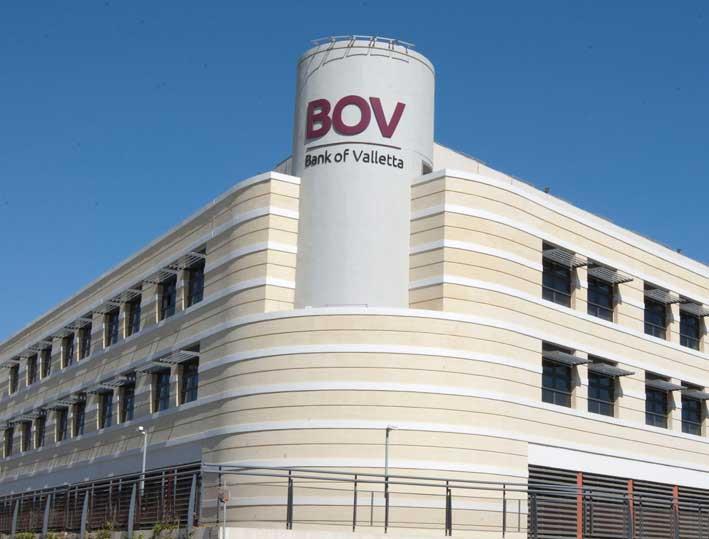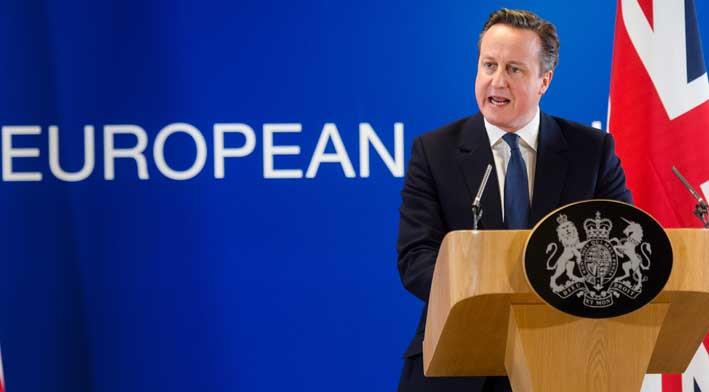All sides of the complex political equation in Libya are pulling the same rope, at least when it comes to one thing: the recovery of tens of millions of euros stashed in Malta by members of the Gaddafi family, a source very close to the ongoing legal dispute in the Maltese courts told this newspaper this week.
The individual, who preferred to remain anonymous given the sensitivity of the case, said that the only person who is not doing so was the Tobruk-appointed Chargé d’Affaires Habib Lamin, despite the fact that both the Tobruk and Tripoli rivals are in agreement that the Gaddafi millions need to be repatriated to the Libyan people.
Asked why the Tobruk Chargé d’Affaires had not passed on diplomatic letters required for the Maltese court case to proceed, our sources said that was for “reasons only known to him.”
This newspaper reported last week how Muammar Gaddafi’s widow, Safia Farkash, is in the midst of a legal dispute with the Libyan state litigation department over the €90 million estate of her late son, Mutassim Gaddafi.
The fortune is currently being held at Bank of Valletta.

The dispute has, however, currently hit a stumbling block with the Libyan state litigation department “struggling to prove its legitimacy.”
Libya’s Chargé d’Affaires in Malta, Habib Lamin, reportedly failed to deliver any documentation to prove the legitimacy of the Libyan state litigation department. Media reports have posited that Mr Lamin is not inclined to provide the necessary validation in view of the fact that he was appointed by the Tobruk government, while the state department is under the responsibility “of the Ministry of Justice in Tripoli.”
It was also reported that Ms Farkash’s lawyers have asked Malta’s Foreign Affairs Ministry for an opinion on the matter. This has been unsuccessful, however, and the case will continue to be heard on 15 April.
Prior to his death, Mutassim Gaddafi was Libya’s national security adviser. He opened his first account with BOV in 2002 – where his assets ballooned from €700 to €60 million in 2011 – according to legal filings in Malta entered by Libya’s litigation department.
When he was killed in 2011 during the Libyan revolt, two BOV Visa cards were found in his wallet, as stated in a Libyan press report.
He had a number of shell companies in Malta, run by ex-Labour Party treasurer Joe Sammut, the very same man who has been charged with allegedly running a residency permits scam for Libyans.

UK government confirms it does not recognise Tobruk or Tripoli governments
In related developments, the UK government this week confirmed that it recognises neither the Tobruk-based government nor the government based in Tripoli, and that it instead supports international efforts to establish a Government of National Accord (GNA).
The confirmation came in a letter from the UK Foreign and Commonwealth Office (FCO), which was made public during a trial in London to determine the leadership of the Libyan Investment Authority (LIA). The trial was accordingly adjourned until the GNA’s cabinet of government ministers has been put in place.
Tripoli-based Abdul Magid Breish argues that his authority still holds, while the political power struggle continues in Libya, but the Malta-based Hassan Bouhadi says that the internationally recognised government based in the eastern city of Tobruk approved him taking over the fund.
The UK government’s decision is a significant blow to Hassan Bouhadi, who has relied on the legitimacy of the Tobruk government as the basis for his claim to lead the Malta-based LIA.
His rival Abdul Magid Breish said from Tripoli: “We welcome the court’s decision to adjourn the trial. We always said that this action was ill-considered, self-interested and a waste of valuable public funds.
“The international community and the friends of Libya should take note, and refrain from dealing with the parallel institutions in Tobruk that seek to duplicate and replace the long-standing, internationally recognised and technically qualified institutions such as the Central Bank, the National Oil Corporation and the LIA in Tripoli. These national institutions in Tripoli have acted independently and neutrally, and should be allowed to continue to do so.
“The LIA is a politically independent and neutral organisation, and continues to operate from Tripoli, where it has always been based. It is imperative that this remains the case.
“We must not lose sight of the main objective - to return the assets that we believe have been stolen from the Libyan people.”